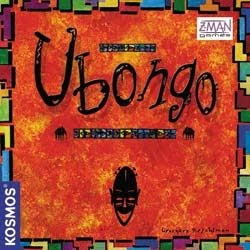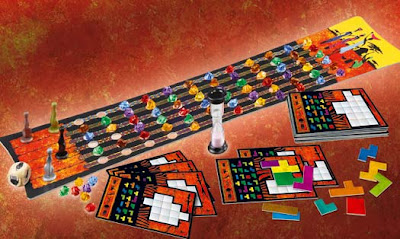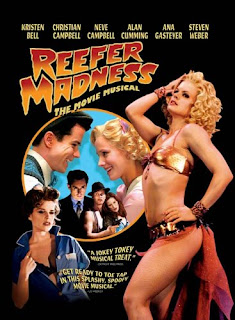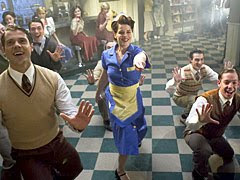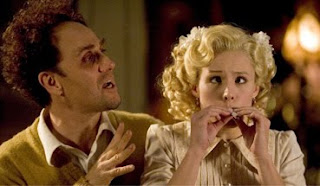
Although largely unknown to mainstream music audiences, Eric Bogle is a legendary figure in Celtic folk circles. The 65-year-old Scottish native who immigrated to Australia has amassed a large assortment of memorable songs over his long career. Some are funny, but his most famous songs are sharply poignant. Bogle has a particular skill in writing songs about war and the toll it exacts on the participants. Nobody forgets the first time they hear "And The Band Played Waltzing Matilda," a much-covered song about an Australian soldier wounded at Gallipoli. "No Man's Land," alternatively titled "The Green Fields of France," similarly pays tribute to the Scottish soldiers of the First World War, while questioning whether the enormous sacrifice imposed on the soldiers lying in the vast French graveyards accomplished anything constructive.
Bogle has plenty of things to say about a variety of topics, though, and on his new album The Dreamer he gets to many of them. Bogle addresses American casualties in Iraq on "Bringing Buddy Home," his daughter growing up on "Flying Away," environmental pollution on "Someone Else's Problem," and last year's severe drought in "An Australian Prayer for Rain." A few songs stick out for me, though. The first is "Nothing Worth Saving," a tribute to a friend of his (and to committed activists in general) who are willing to make the extra sacrifice to preserve something they believe in. "For nothing worth saving comes easy or free, Nothing worth fighting for comes with a guarantee, that you’re going to win my friend, without sacrifice; for if something’s worth saving, there’s always a price." "Snowdrop," written and sung by longtime friend and bandmate John Munro, talks about the plight of homelessness in Russia, where bodies have a disturbing way of emerging from underneath the snow in the spring melt-off. Bogle gets autobiographical in the title song; he's been criticized for being a dreamer, but much like John Lennon in the song "Imagine," he wears the label as a badge of honor. "Yet I dream of a world without hunger, I dream of a world without war; Where we live at peace on this earth together, where the air tastes sweet, the rivers all run clear. Dream it first and it will happen, but if you don’t believe that it can, just leave me to my dreaming, because I’m happy where I am." "Lost Soul" tells the story of an Ngarrindjeri Aboriginal warrior who died fighting for Australia in the First World War, whose gravesite was discovered in Belgium by Australian students in 2006. Sand from his native area, the Coorong, was sprinkled on his grave, and dirt from his grave was brought to the Coorong to return his spirit home. On the closing song "The Last Note," Bogle talks about of the spirit of the music stays with him long after the performance is done. The song's significance was magnified by Bogle's announcement that his 2009 tour would be his last.
As usual with Eric Bogle's albums, the songs on The Dreamer tend to be weighty but emotional. I suppose I could be critical of this album lacking the usual amount of levity with which Bogle balances things out on his recordings. Still, listening to any new Eric Bogle album is like re-connecting with an old friend who's seen and done a lot in his time, and who understands the workings of the world and humanity better than most people do. People who like good storytelling songs will like anything that Eric Bogle puts out, and The Dreamer is no exception.
Overall grade: B+
reviewed by Scott
Eric Bogle and John Munro perform the title song on Bogle's Farewell Tour of the UK.
Reprinted with permission from The Green Man Review
Copyright 2010 The Green Man Review




